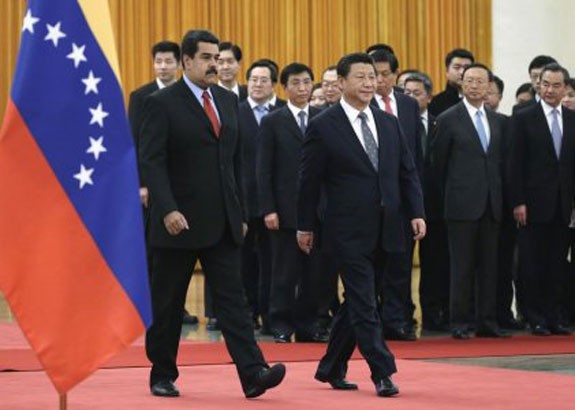President Xi Jinping announced the next stage in China's commitment to the Latin American region on Jan. 8, Thursday, after his initial visit in July 2014. On this occasion, Xi was in his native country, as the leaders of the Community of Latin American and Caribbean States (CELAC) gathered in Beijing for the first day of a two-day event.
With an overall worth of $250 billion, the Chinese leader spoke of numerous significant investments in Latin America over a decade-long period, while he expects reciprocal trade between China and its CELAC economic partners to increase to $500 billion within the same period.
The president explained that the key areas of focus over the next 10 years are energy, agriculture, manufacturing, technological innovation, and infrastructure development. CELAC consists of 33 national jurisdictions, including Caribbean states and Mexico.
Deals with the East Asian superpower were also signed off prior to the commencement of the meeting on Thursday. Venezuelan President Nicolas Maduro announced the confirmation of a $20-billion investment agreement, while Ecuador secured $7.53 billion in credit lines and loans.
The sentiment from the South American and Caribbean partners indicated that China is considered an important ally in the region. Maduro's speech repeated the words of his predecessor, the late Hugo Chavez:
". . . China is demonstrating to the world that a country does not necessarily seek hegemony as it grows stronger."
Costa Rica President Luis Guillermo Solis commended the China-CELAC forum for its capacity to facilitate communication, while Ecuador President Rafael Correa Delgado said that China can help with the completion of Latin America's social transformation.
Another major outcome of the forum is an agreement between the representatives that a cooperation plan for the next five years will be formulated. The plan will contain key areas and specific measures that will guide the China-CELAC forum ministerial meeting, and will cover the period from 2015 to 2019.



























